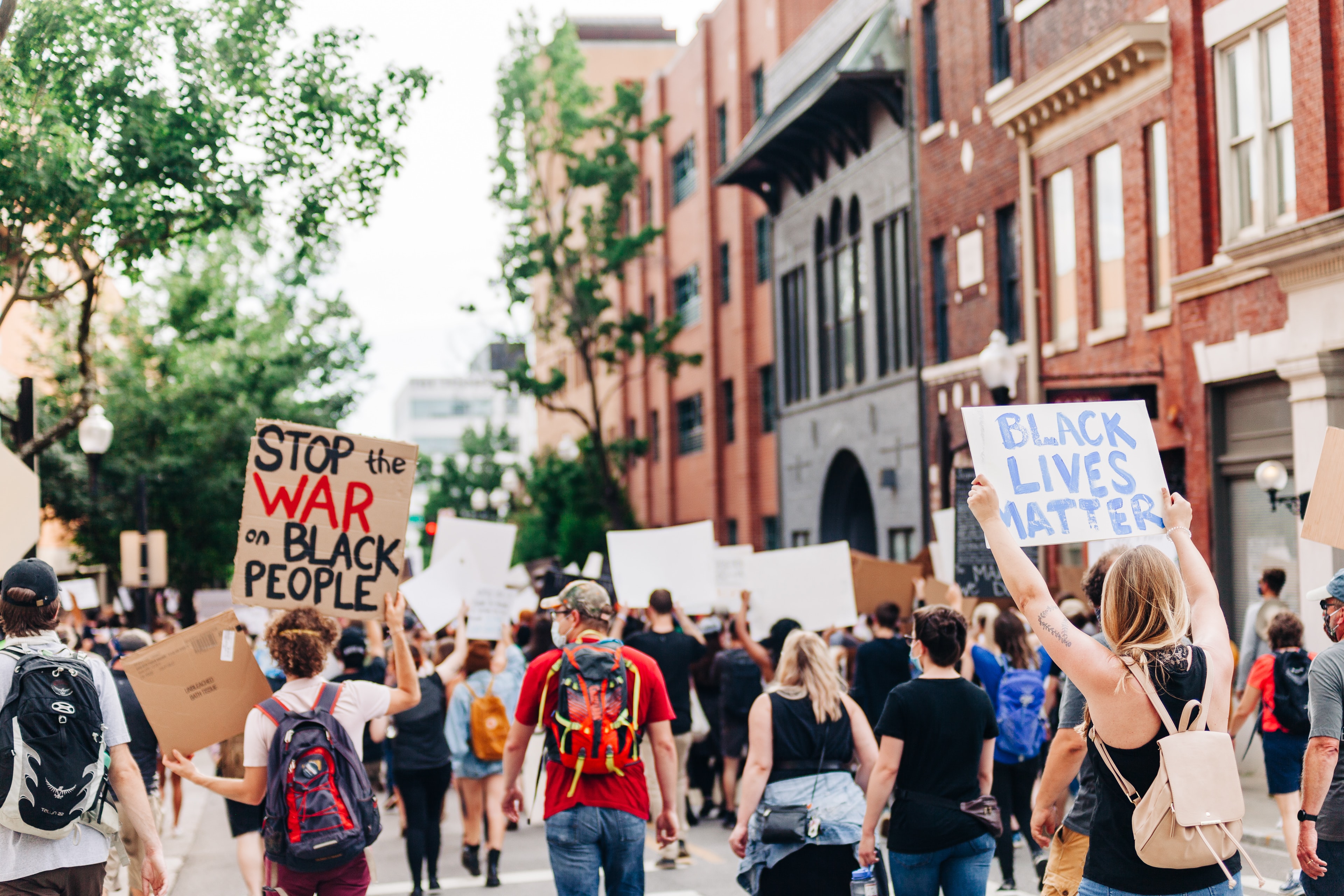Happy New Year! Your WEIGHT is NOT your WORTH.
Contemplating a new year’s diet? If so, please first consider these words by Anne Lamott:
We need — I need — to have the same little talk we have every year at this time: I know you might be starting a New Year’s diet. I used to start diets, too. I hated to mention this to my then-therapist. She would say cheerfully, “Oh, that’s great, honey. How much weight are you hoping to gain?”
I got rid of her. No one talks to me that way.
Well, okay, maybe it was 10 years later, after she had helped lead me back home, to myself, to radical self-care, to friendship with my own heart, to a glade that had always existed deep inside me, to mostly healthy eating, but that I’d avoided all those years by achieving, dieting, binging, people-pleasing and so on.
Lamott goes on to say:
It’s really okay, though, to have (or pray for) an awakening around your body. It’s okay to stop hitting the snooze button, and to pay attention to what makes you feel great about yourself, one meal at a time. Unfortunately, it’s yet another inside job. If you are not okay with yourself at 185 pounds, you will not be okay at 150, or even 135. The self-respect and peace of mind you long for is not out there. It’s within. I hate that. I resent that more than I can say. But it’s true.
Sometimes people seek out counseling because of the pesky problem of a diet that just won’t work. Or in the middle of talking about depression or anxiety, a client will also mention a weight gain that’s simply intolerable. If weight’s not in the foreground, it’s always hovering in the background.
And there are good reasons why. In general, here’s the message that our culture gives us:
Weight is something that can and should be controlled: the more tightly the better. Weight – and appearance – matter more than health and happiness. Fat=bad, and too much if any fat makes us undesirable (to self or others). If we don’t fit the current white ideal of beauty, we should feel ashamed and make a massive effort (often using lots of hard-earned money) to “fix” what’s seen as a problem. If we’re unhappy and dissatisfied, the messaging goes, losing weight will make us happy and satisfied, fixing all our issues with relationships and self-love and self-worth and self-confidence.
Sometimes these messages are so convincing, so embedded in the fabric of white American culture, that we don’t realize these messages are beliefs, not facts. And when we examine them for their truthfulness, it turns out that these beliefs range from complete bull to containing a bit of truthiness to being only partially true if placed appropriately within a larger context.
But here’s what I know.
*Weight can only be controlled to a certain extent.
*While “dieting” acts like it’s on the outs with certain crowds, it’s merely gone underground. It goes by code words now like eating “clean” and eating for “health.”
*The connection between weight and health isn’t as well established as we’ve been led to believe. The Health at Every Size movement and Lizzo (yay!) are challenging those of us who were raised to believe that being healthy means being skinny.
*When people lose weight, it usually doesn’t change how happy they feel.
*The energy that so many women spend trying to control their weight could be used for SO MANY OTHER IMPORTANT THINGS including: self-care, friendships, walks, exploring interests, toppling outdating systems of oppression, etc.
*We need to look at WHY we feel such a desperate need to control, WHY we can’t imagine being happy without being a certain (different size), WHY our self-love is tied up with weight.
I am so excited to be supporting clients to explore weight, body image, self-worth, and to begin to disentangle weight – and the overall need to control – from happiness. Best of luck to you this year as you experiment with different ways of being in – and thinking about – your body.






